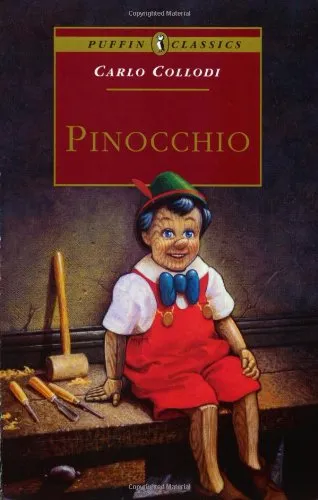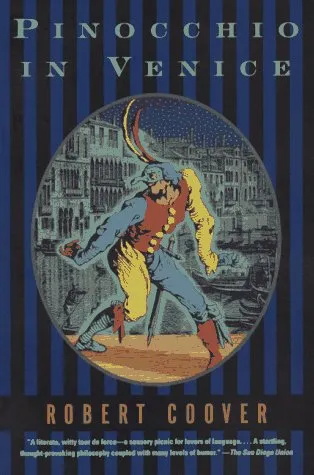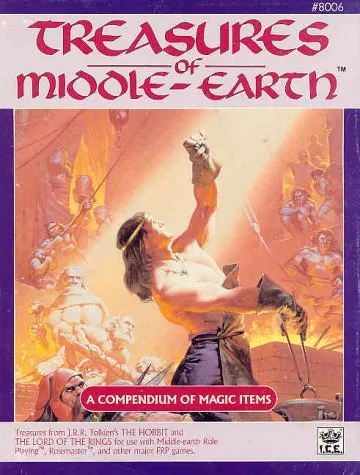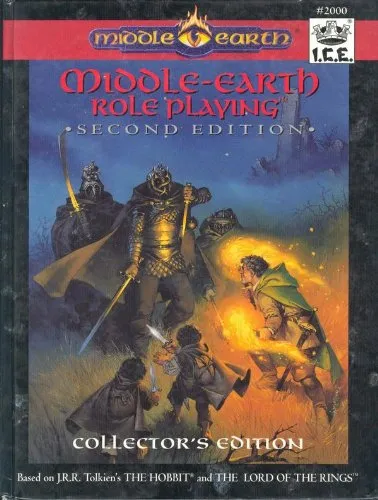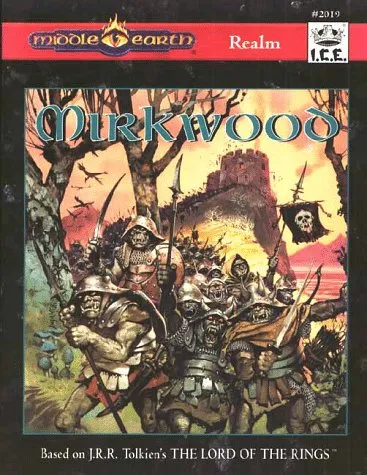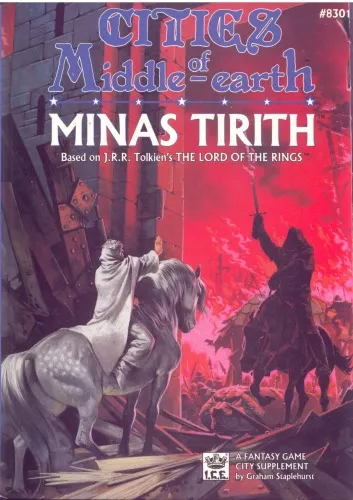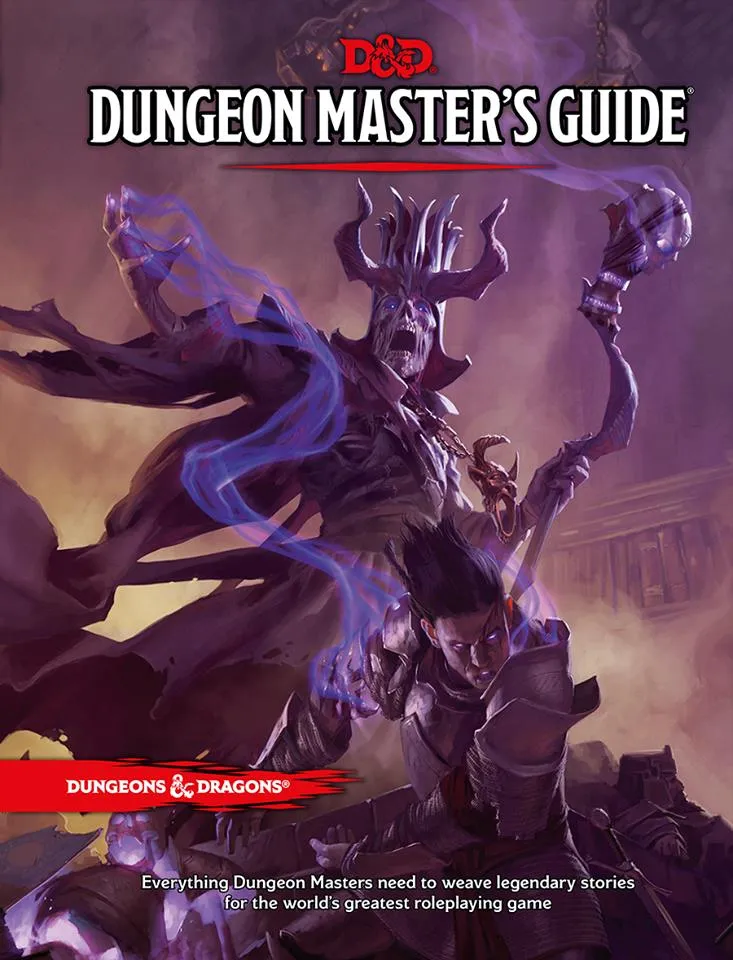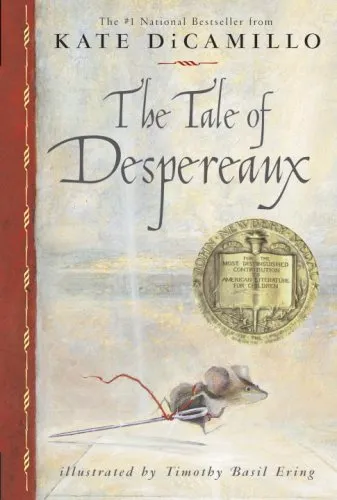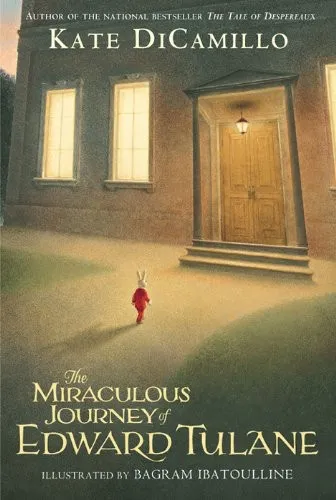The Adventures of Pinocchio
4.6
Reviews from our users

You Can Ask your questions from this book's AI after Login
Each download or ask from book AI costs 2 points. To earn more free points, please visit the Points Guide Page and complete some valuable actions.Related Refrences:
Introduction to 'The Adventures of Pinocchio'
Written by Carlo Collodi, 'The Adventures of Pinocchio' is a timeless tale of adventure, morality, and the often tumultuous path to self-discovery. Published in 1883, this classic work remains a beloved story for children and adults alike, exploring themes that resonate as much today as they did over a century ago.
Detailed Summary
The story begins with a piece of wood that comes into the hands of a poor carpenter named Geppetto. From this enchanted wood, Geppetto carves a puppet that miraculously comes to life and behaves like a mischievous little boy. Named Pinocchio, the puppet has dreams of becoming a real boy.
Pinocchio's journey is fraught with challenges and moral lessons. He encounters various characters, from the duplicitous Fox and Cat to the benevolent Blue Fairy. Each encounter brings new adventures and lessons. As Pinocchio navigates these experiences, he learns the importance of honesty, integrity, responsibility, and compassion.
In a series of episodic adventures, Pinocchio struggles with temptations such as idleness and the pursuit of selfish desires. A notable incident is his journey to the Land of Toys, where his pursuit of a carefree, indulgent life turns him into a donkey. Ultimately, it is through sacrifice and genuine concern for his father, Geppetto, that Pinocchio earns the Blue Fairy's reward and becomes a real boy.
Key Takeaways
- The importance of honesty and the consequences of deceit: Throughout his adventures, Pinocchio learns that lying and deception lead to trouble, as symbolized by his growing nose whenever he lies.
- The value of hard work and education: Pinocchio's journey underscores the significance of diligence and learning, as he often faces negative consequences when he neglects these aspects.
- The power of love and sacrifice: It is Pinocchio's love for his father and his willingness to sacrifice his own desires for Geppetto's well-being that ultimately redeem him and transform him into a real boy.
- Moral development and self-realization: Pinocchio's transformation from a wooden puppet to a human boy is an allegory of personal growth and the realization of one’s potential.
Famous Quotes from the Book
"A lie keeps growing and growing until it's as plain as the nose on your face." - This line captures the central theme of the importance of honesty and the visible consequences of lies.
"When you grow up, you’ll always want a home of your own, and it is only right that your home should be where you can say ‘I made this myself.’" - A nod to the value of self-reliance and personal achievement.
"How foolish I was when I was a puppet! And how happy I am now, that I have become a real live boy!" - It signifies Pinocchio’s transformation and the rewards of personal growth and maturity.
Why This Book Matters
'The Adventures of Pinocchio' is more than just a children’s story; it is a profound narrative that delves into the existential questions of identity and morality. Its layered storytelling and complex characters offer a reflection on the human condition, making it as relevant today as when it was first penned.
This book’s enduring popularity lies in its ability to engage readers of all ages with its engaging narrative and rich moral lessons. It serves as a mirror, encouraging readers to evaluate their own behavior and decisions. The character of Pinocchio embodies the universal path of growth and learning, making it a pivotal story in the realm of children's literature and beyond.
Free Direct Download
You Can Download this book after Login
Accessing books through legal platforms and public libraries not only supports the rights of authors and publishers but also contributes to the sustainability of reading culture. Before downloading, please take a moment to consider these options.
Find this book on other platforms:
WorldCat helps you find books in libraries worldwide.
See ratings, reviews, and discussions on Goodreads.
Find and buy rare or used books on AbeBooks.
1409
بازدید4.6
امتیاز0
نظر98%
رضایتReviews:
4.6
Based on 0 users review
Questions & Answers
Ask questions about this book or help others by answering
No questions yet. Be the first to ask!

